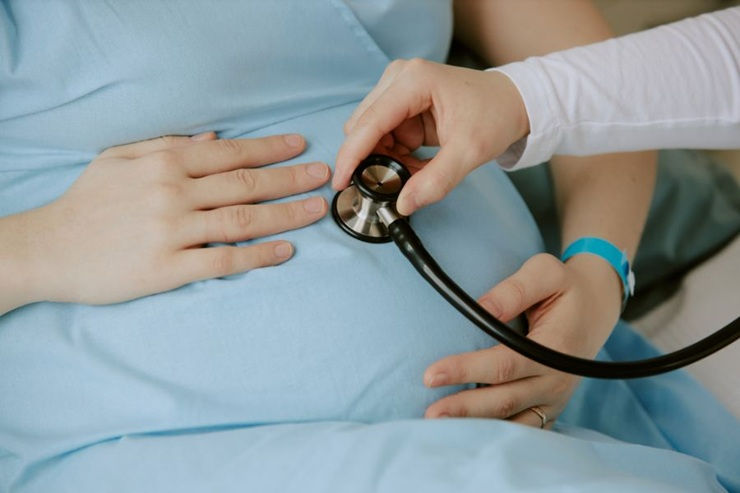National effort to tackle maternity disparities gets underway in Southampton
- Clinical Research communications team
- Jan 6, 2025
- 2 min read

A new collaboration to reduce disparities in maternity outcomes has marked its launch with a networking event.
The NIHR Challenge: Maternity Disparities consortium brings together nine collaborations across the UK.
Together, they will improve care and support for women before and between pregnancies.
They will be supported by £50 million over five years from the National Institute for Health and Care Research (NIHR).
Southampton’s Professor Keith Godfrey is leading one of the collaborations in the challenge. He co-chaired the first networking event in December.
Disproportionate impact
Maternal mortality rates in the UK have risen since 2000.
There has been an increase in mental and physical health challenges faced by women and their partners before pregnancy. These have a disproportionate impact on women from minority backgrounds and those living in disadvantaged areas.
Recent evidence suggests that maternal mortality for black women in the UK is almost three times higher than for white women. Significant disparities also exist for Asian women.
Factors such as pre-existing physical and mental health conditions, lack of access to care and social determinants of health can make this worse.
The consortium aims to create an equitable care system that meets the needs of all women and their partners. This will ensure healthier outcomes for mothers and their families.
Collaborative start
Prof Godfrey co-chaired the event with Ngawai Moss, a public contributor.
Prof Godfrey is a Professor of Epidemiology and Human Development in Southampton. He is also a theme lead at the NIHR Southampton Biomedical Research Centre.
“People who are healthier before they get pregnant have better outcomes for themselves and their babies”, Prof Godfrey said.
“It is often too late to fix health problems once a woman is already pregnant. This means we need to focus on improving health before pregnancy (preconception) and between pregnancies (interconception).”
There were over 65 in-person and 25 online attendees from across the UK. They included women and men with lived experiences, as well as academic, healthcare and community leaders.
Attendees came together to discuss the challenges faced by women before and between pregnancies. They explored potential solutions, with breakout sessions including:
Supporting care and health before and between pregnancies
Best practices for high-quality, consistent care
Addressing cultural and social determinants of health
Leveraging data to refine and evaluate interventions
Tailoring support for marginalised and minoritised groups
These discussions aimed to build relationships. Attendees also created a roadmap for co-designing and implementing scalable interventions.
Ilda Sinani, a public contributor, moved to the UK from Albania in 2012. She became pregnant, couldn’t speak any English and did not understand the system. Her experience led her to set up a charity called Welcome to the UK.
"I’ve seen firsthand how vital it is to empower families with knowledge, resources and a sense of community, she explained.
“Many of the families we support are navigating new systems while facing language and cultural barriers. Access to better maternal care could make a huge difference in their lives.”



Comments